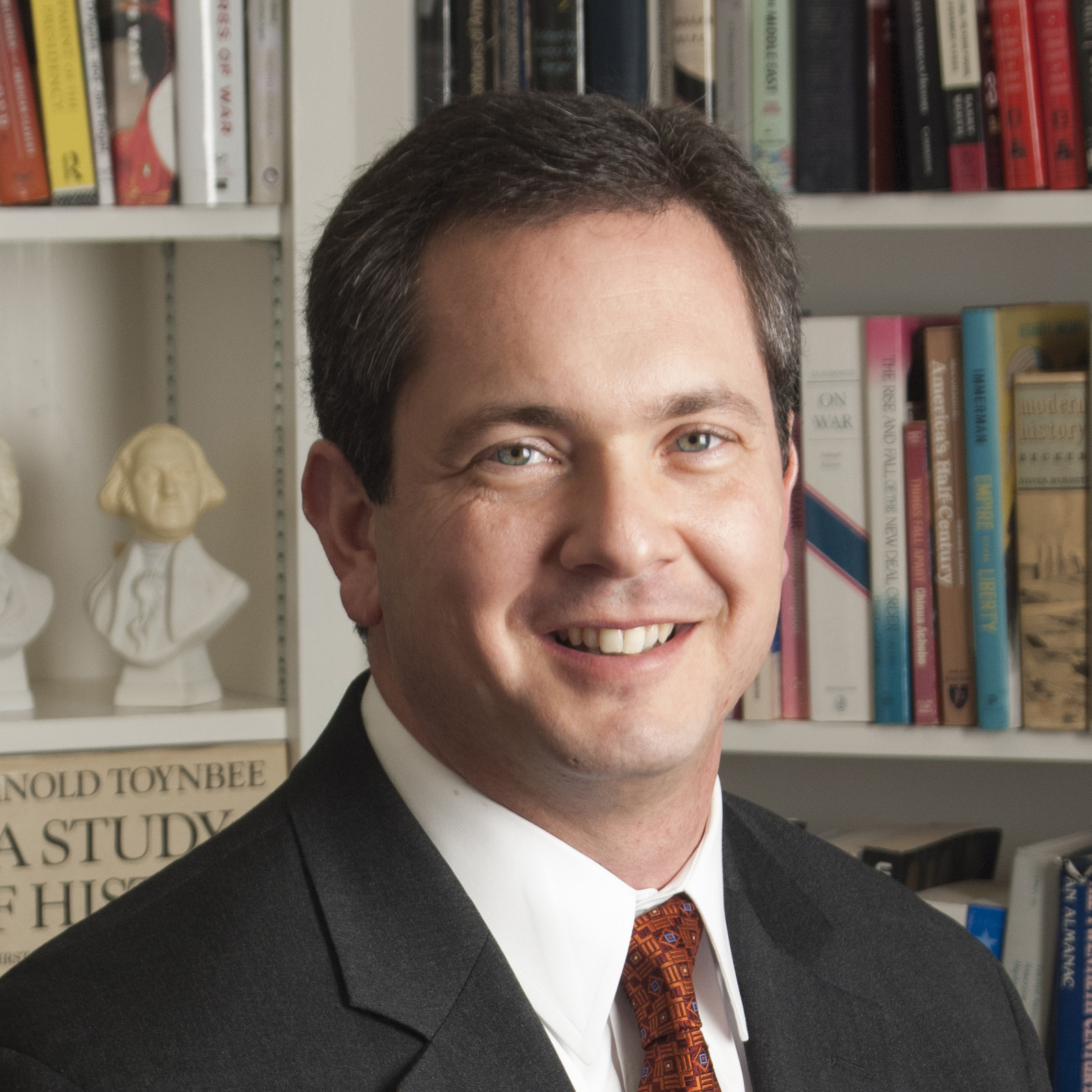Cuba Source: 'It shouldn't have taken this long.'
Jeffrey Engel, director of SMU’s Center for Presidential History, says decades-old US policy re: Cuba demonstrates a fundamental flaw in American strategy. Engel is available for interview.
DALLAS (SMU) – “Reconciliation with Cuba seems a victory, for the Obama Administration eager to remove one of the last relics of American Cold War diplomacy, and especially for the Cuban people harmed for decades by American sanctions,” says Jeffrey Engel, director of SMU’s Center for Presidential History.
|
Media Contact: |
“It shouldn't have taken this long,” Engel said.
“While this shift in Cuba policy will largely be viewed as a positive in 2014, that it took until 2014 demonstrates a fundamental flaw in American strategy employed throughout the Cold War and to this present day,” Engel said.
“American sanctions, part of a broader policy in which economic measures were substituted for more dire military steps, rely on causing a foreign population such pain and misery that they either force their government to accede to American wishes, or find themselves a new government. Cuba has done neither. Nor, for that matter, has North Korea. In each case American sanctions seem only to have bolstered the regime's popularity at home, as anti-American sentiment was effectively used to distract suffering peoples from their government's own flaws.”
“When John Kennedy imposed an embargo on Cuba in the early 1960s, no one in his government thought it would take three generations for the Castro regime to fall,” Engel said. “Its survival demonstrates that waiting for a foreign people to overthrow a repressive regime makes for a long wait, indeed.”
About Jeffrey Engel
Engel, Director of SMU's Center for Presidential History, is an award-winning American history scholar and director of the Center for Presidential History at SMU. He is an expert on the U.S. presidency and American diplomatic history.
Engel has authored or edited six books, including Into the Desert: Reflections on the Gulf War (Oxford University Press, 2012); The Fall of the Berlin Wall: The Revolutionary Legacy of 1989 (Oxford University Press, 2009); The China Diary of George H.W. Bush: The Making of a Global President (Princeton University Press, 2008); Local Consequences of the Global Cold War (Stanford University Press and Woodrow Wilson Center Press, 2008); Cold War at 30,000 Feet: The Anglo-American Fight for Aviation Supremacy (Harvard University Press, 2007); and Rethinking Leadership and "Whole of Government" National Security Reform: Problems, Progress, and Prospect (Military Bookshop, 2010).
Related Links:
From The Associated Press
AP Analysis: US was at odds with world over Cuba policy
By JULIE PACE and MATTHEW LEE
WASHINGTON (AP) -- President Barack Obama's decision to pursue new relations with Cuba was driven in part by a stinging realization: Longstanding U.S. policies aimed at isolating Cuba had instead put Washington at odds with the rest of the world.
The American economic embargo on Cuba drove a wedge between the U.S. and Latin American nations. In an annual diplomatic embarrassment, the United Nations General Assembly votes overwhelmingly to condemn the U.S. policy. And while the U.S. was clinging to its economic restrictions against the small communist nation just 90 miles off its shores, leaders of China, Russia and Brazil flocked to Havana, promising millions in investment. . .
Jeffrey Engel, the director of the Center for Presidential History at Southern Methodist University, welcomed the policy shift but said the U.S. had been hanging on to an unsuccessful policy for far too long.
"That it took until 2014 demonstrates a fundamental flaw in American strategy employed throughout the Cold War and to this present day," Engel said. He added that American sanctions on Cuba "bolstered the regime's popularity at home, as anti-American sentiment was effectively used to distract suffering peoples from their government's own flaws."
From Military.com NewsCuba Initiative Could Mean Changes for Guantanamo Base
By Bryant Jordan
President Obama on Wednesday announced the beginning of the end of the decades-old U.S. embargo of Cuba, opening the door to normal relations by re-establishing an American embassy in Havana and sending a U.S. delegation there next month for talks on U.S.-Cuba migration.
But left out of Obama's announcement is what normalization of relations may mean for the future of the American naval base and post-9/11 detention facility at Guantanamo Bay. . .
Prof. Jeffrey A. Engel, an expert on American presidents and U.S. diplomatic history at Southern Methodist University in Dallas, said it's possible "the two sides will agree to discuss this at some future date, but [in language] that is completely noncommittal."
"I have no doubt whatsoever that the Cubans would like to see the Americans leave their island," Engel said. "It's been a sore point in the national psyche for the Cubans." In some ways the base is a reminder of Cuba's broader colonial legacy, which fueled much of the communist revolution to start with, he said.
That said, however, it's not likely the U.S. will give up its presence on Cuba.
"It seems very unlikely to me that the U.S. government will totally give up its lease on Guantanamo," Engel said. "Even with the political quandaries over the future of the prison – no matter what one thinks of that policy – it demonstrates there is utility to having the flexibility that goes with having an offshore site, entirely subject to American regulation and jurisdiction."
###
